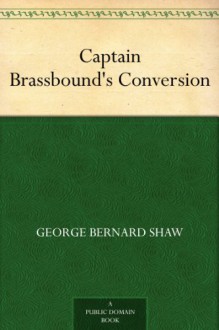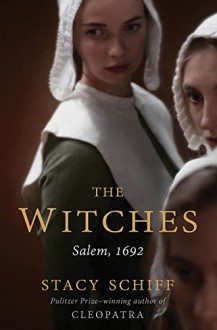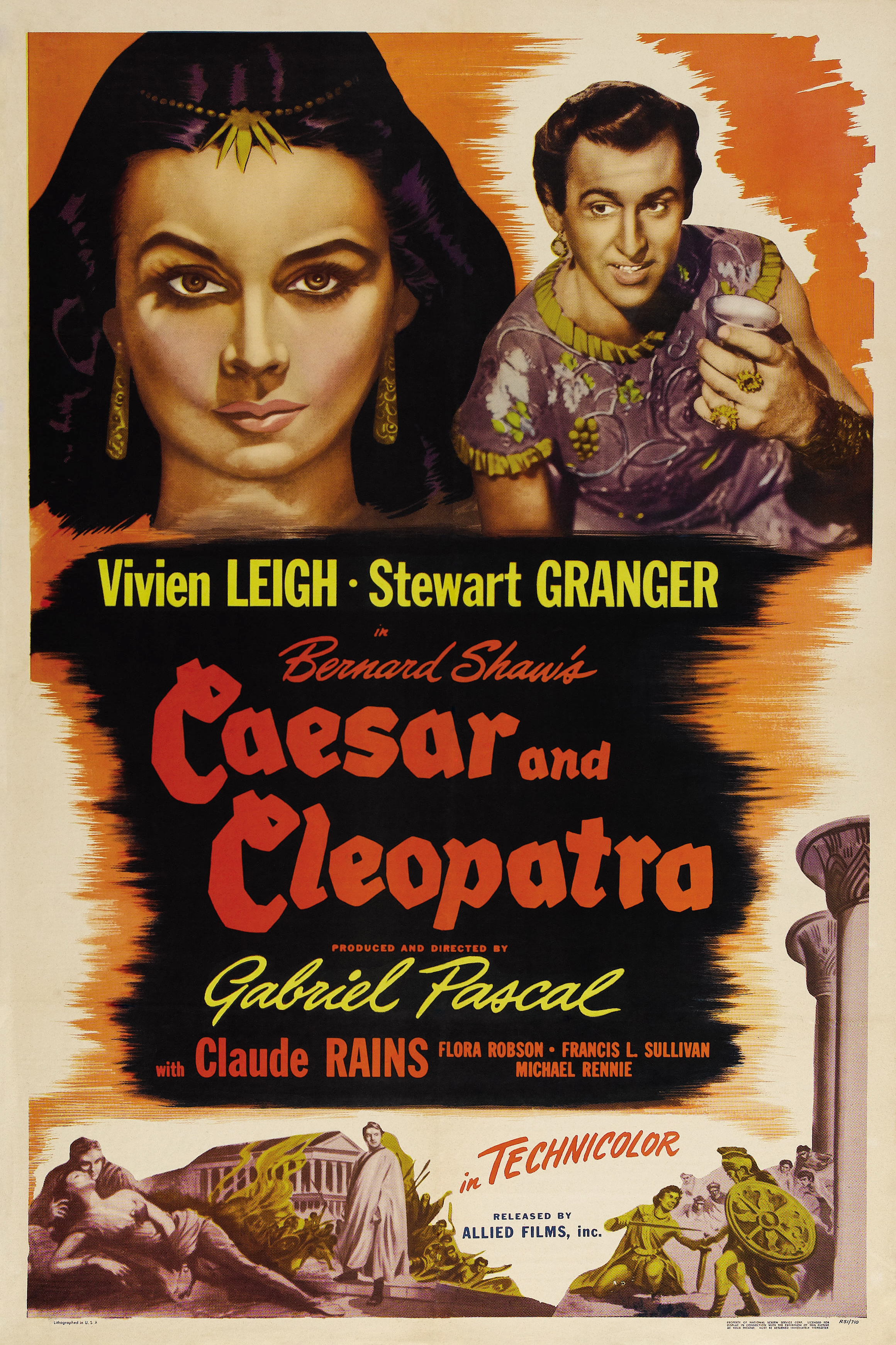
Some have suggested that maybe that this may not be one of his best plays but I still found it quite enjoyable. It is a shame that, unlike the other two plays that appear n 'Three Plays for Puritans', this one did not make it onto the Hollywood screen, especially since he gives the play the subtitle of 'an adventure'. Sometimes I wonder if it is possible to have a play that is an adventure produced on the stage. I certainly could not imagine ever going to Her Majesty's Theatre to see a production of this:

Though I have been to Her Majesty's Theatre (in Adelaide) to see a production of this:

So I guess when it comes to the modern theatre scene anything is certainly possible (and the performance of The Hobbit was actually really good – oh, I have also seen The Wizard of Oz live on stage as well).
Anyway, this play has everything that an adventure could have: an exotic location, a villain, a hero, and a damsel in distress. Actually, I probably cannot suggest that we have the last three things because the play does not actually turn out like the traditional adventure story. The story is about a couple of English aristocrats – a judge (Sir Howard) and his wife (Lady Cecily) - who travel to Morocco on a holiday to visit the interior. Now, I'm not going to suggest that Morocco is the safest of places to visit, but then again it is certainly not one of the most dangerous. However, as Shaw seems to indicate, in his day the interior of Morocco was certainly one place that a well respected English gentleman and his wife would unlikely be going a tour. However, they insist on it and hire the likes of a Captain Brassbound to take them there.
As ends up happening in a lot of these plays, it turns out that there is a connection between Brassbound and Sir Howard (the are related), and Brassbound has a rather nasty bone to pick with him. Brassbound was supposed to inherit a property off of his brother, but that was stolen from him by some rather dubious agent in the West Indies. Also his mother was killed, which turned out to be because of an indirect action of the Sir Howard's. As such Brassbound wants revenge, and by taking them to his castle in the interior he has them where he wants them.
Brassbound's character is interesting because while be portrays a rather hard exterior (he has to since he is a pirate), there is a part of him that shows compassion. This is described (if you can understand what he is saying) by one of his crew members, a certain Drinkwater. He commands the boat, but he commands it fairly. Also, we have this impression that while he may be a leader, he does not see himself as a commander. He is not power hungry, nor does he appear to be greedy. Rather, as it comes to light, it turns out that he just wants revenge, and he selects Sir Howard as the target of the revenge.
It is also interesting how Shaw portrays the Moors. In those days they would have been seen as barbaric savages, and in a way Shaw portrays them as such. The further away from civilisation they go the more savage they become. As is indicated to Sir Howard that despite his high standing unless gold were to be discovered in the interior it would be highly unlikely that the British would send in troops to either rescue, or seek revenge, for his death. It was simply too dangerous, especially for Christian men. It seems that little has changed with regards to the Western opinions of Muslims because, in a way, they are still portrayed as wild, backward, and savage, and it is unfortunate that it is only the bad apples that are portrayed that way. On the otherside though many of them have the same view of us here in the West.
The one thing that I did find really annoying with this play was Shaw's insistence of attempting to put dialect into the text, especially Drinkwater's. However, I suspect that if I were to see this play performed then Drinkwater would be just as difficult to understand on the stage as he is on the printed page. I guess Shaw wanted to ram the point home (and he does discuss his use of dialects at the end of the play).

 Log in with Facebook
Log in with Facebook 












